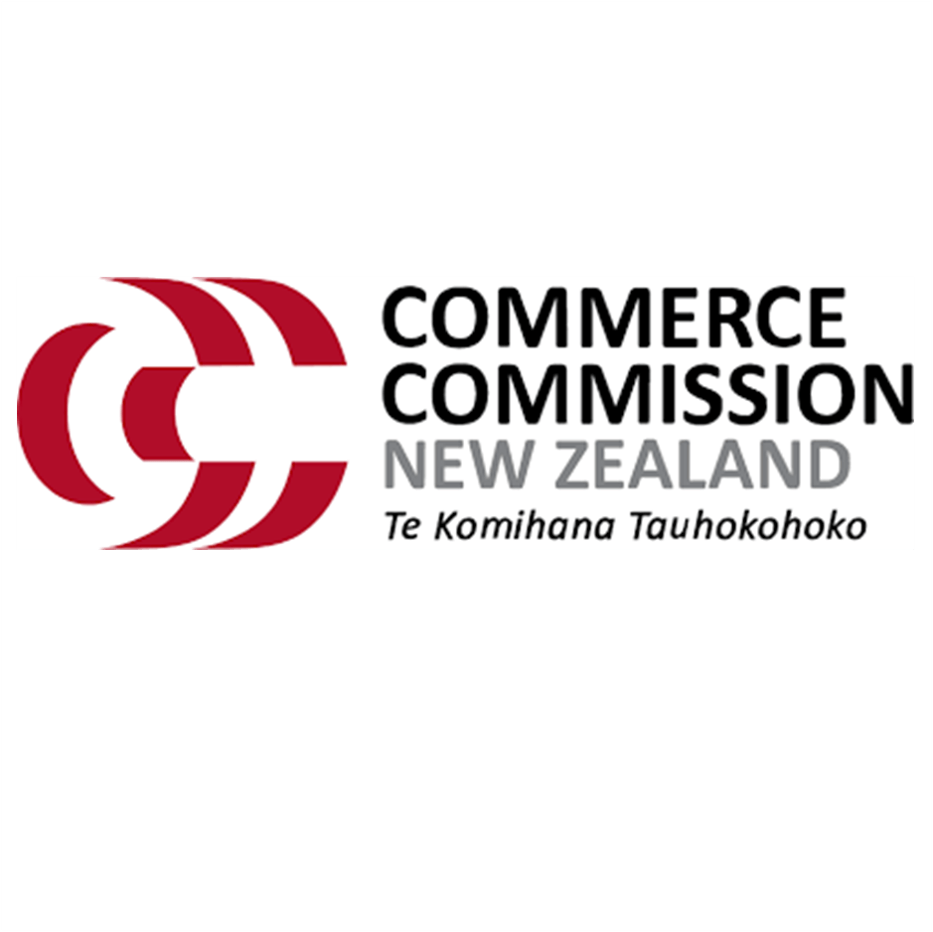18 December, 2018
Industries
Client
Transpower
Disciplines

Synergies (in partnership with GHD Advisory) was engaged by Transpower to provide an independent verification opinion on Transpower’s third regulatory control period (RCP3) base capital expenditure and operating expenditure forecasts relating to the 2020-25 period. This included testing the assumptions underpinning Transpower’s expenditure and demand forecasts prior to the submittal of its RCP3 proposal, as well as making recommendations to enhance the substantiation of specific components of its expenditure proposal.
Our final verification report formed part of Transpower’s RCP3 Proposal submitted to the Commerce Commission in December 2018.
Our independent verifier role was undertaken in accordance with a signed tripartite deed between Synergies, Transpower and the Commerce Commission.
Since April 2011, Transpower has been subject to individual price-quality path (IPP) regulation under Part 4 of the New Zealand Commerce Act 1986. Transpower’s second regulatory price control period (RCP2) under this form of regulation runs until 30 June 2020.
In preparation for its RCP3 Proposal, Transpower agreed to pilot the use of an independent verifier of its proposed Base Capex[1] and operating expenditure (opex) before the formal submission of the RCP3 proposal (in December 2018) to the Commerce Commission.
Synergies, in partnership with GHD Advisory, was engaged to perform the independent verifier role to scrutinise Base Capex and opex components of Transpower’s third regulatory control period (RCP3) proposal for its price-quality path for the 5 years from 1 July 2020 to 30 June 2025.
The guiding principle in our verification review and in forming our verification opinion was whether Transpower’s RCP3 expenditure forecasts and associated grid output measures were consistent with an expenditure outcome that represents the efficient costs of a prudent supplier having regard to Good Electricity Industry Practice (GEIP).
Transpower and the Commerce Commission agreed the verifier should be an independent party that reviews or ‘verifies’ – within an upfront agreed scope of work – Transpower’s RCP3 expenditure proposal and processes used to create the proposal.
Reflecting this intent, Synergies was engaged by Transpower as the independent verifier, but also had a duty of care to the Commission to act as an independent expert and with reasonable care in accordance with a signed tripartite deed.
In assessing whether Transpower’s RCP3 Base Capex and opex forecasts satisfied GEIP, we applied prudency and efficiency tests identified by the Commission in the Terms of Reference (TOR) and also having regard to Australian economic regulators.
Having regard to these interpretations of GEIP, we assessed Transpower’s RCP3 Base Capex and opex forecasts to be prudent if they were required to meet Transpower’s ongoing legal and regulatory obligations, or its contracts with customers. This includes service (quality) standards approved by the Commission. Further, Base Capex was assessed to be prudent if it was required to meet forecast demand growth, renewal of existing infrastructure in a timely manner, or it achieves an increase in the reliability or the quality of supply that is explicitly desired by customers or required by the NZ Electricity Authority.
Further, Transpower’s RCP3 Base Capex and opex forecasts were assessed to be efficient if they were underpinned by robust cost estimation and forecasting methodologies, including incorporating reported actual costs into the development of RCP3 forecasts and having regard to the efficiency incentives applying under the Part 4 regulatory framework. The fact that Transpower procures the provision of all its field services from a panel of external service providers was a pertinent consideration in our prudency and efficiency assessment, including Transpower’s ongoing management and co-ordination of these external resources.
Further, we assessed Base Capex to be efficient if Transpower’s asset management and capex planning processes are likely to reliably provide for the best means of achieving identified needs (legal, regulatory or contractual) having regard to available options, including the substitution possibilities between Base Capex and opex, such as non-network alternatives.
The TOR also specified Identified Programmes, which required more in-depth qualitative and quantitative analysis of the formation of a large subset of Transpower’s Base Capex and opex programmes.
Our verification report findings identified all Identified and Non-Identified Programmes that we had verified and whether the GEIP test had been satisfied.
Overall, we considered that a large majority of Transpower’s forecast Base Capex and opex for the 2020/25 regulatory period satisfied the GEIP test. However, there were areas of concern identified in certain expenditure areas that we considered the Commission should give highest priority to in its expenditure assessment to ensure that the GEIP test was satisfied.
The independent verification process created the opportunity for Transpower to submit a better quality and more robust RCP3 expenditure proposal by subjecting it to thorough independent scrutiny prior to its formal submission to the Commission. The tripartite deed, including duty of care to the Commission, was critical to ensuring the independence of our verifier role.
Synergies’ verification report also allowed the Commerce Commission to streamline its assessment of Transpower’s RCP3 expenditure proposal by prioritising those areas of expenditure that we considered required closest scrutiny.
Synergies, Transpower and the Commission maintained close communications throughout the verification process to ensure that the TOR were addressed and that our independent verification opinion could be relied upon. In this regard, the Commission made the following comment:

Apart from ICT expenditure, our draft adjustments to the expenditure proposed by Transpower are relatively modest. We attribute this to the effect of the Verifier providing constructive feedback to Transpower to enable it to better align its proposal with the expenditure outcome before the proposal was submitted to us.
In carrying out our verification work, we received a high degree of assistance and co-operation from both Transpower and the Commission. We consider this enhanced the information upon which we relied for our verification report and consequently the robustness of our analysis.
More generally, we consider that Transpower and the Commission deserve significant credit for trialling the independent verifier role as a way of improving and streamlining the IPP regulatory framework. This can be contrasted with the cumbersome, overly prescriptive regulatory framework currently being applied to electricity networks in Australia.
As at November 2019, the Commerce Commission’s review of Transpower’s RCP3 Proposal is ongoing.
[1] Base Capex includes asset replacement and refurbishment (R&R) (all project sizes) and asset enhancements (under a $20 million threshold).
Independent verifier's review of Transpower's RCP3 expenditure proposal
Our final verification report formed part of Transpower’s RCP3 Proposal submitted to the Commerce Commission in December 2018. Our independent verifier role was undertaken in accordance with a signed tripartite deed between Synergies, Transpower and the Commerce Commission
Download